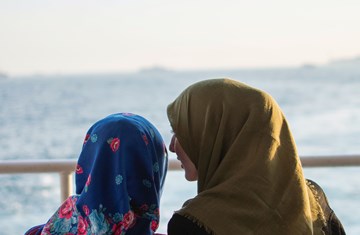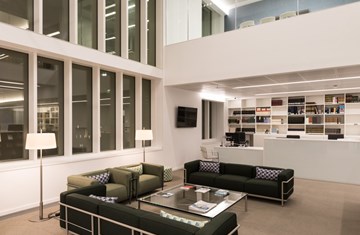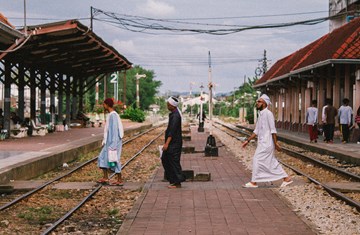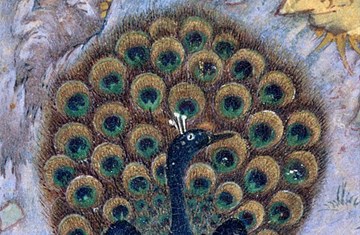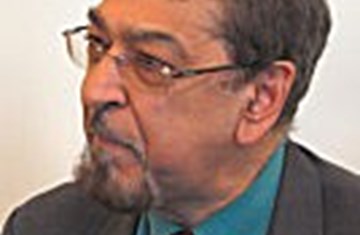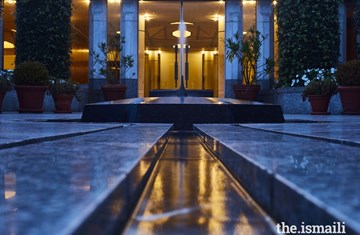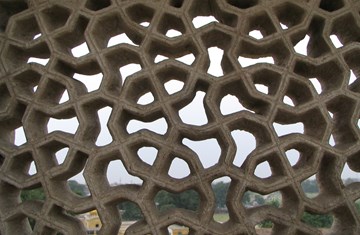Alternative dispute resolution: its resonance in muslim thought and future directions
This is an edited version of a speech presented as part of the Ismaili Centre Lecture Series held at The Ismaili Centre London in 2002.
Abstract:
What is Alternative Dispute Resolution (ADR)? Is it compatible with 'Muslim' conceptions of arbitration and reconciliation? Through a series of examples, the author asserts the need for a plurality of methods in addressing the personal, familial and communal conflicts that occur in 21st century beyond those that are and have been provided by the Nation State or governing body.
Legal plurality has long been a part of Muslim societies, both past and present and alternative forms of dispute resolution, informed by Muslim culture, are now recognised and accepted as parallel systems to the legal process already in place in many countries.
Author

Dr Mohamed Keshavjee
Course Director
Mohamed M. Keshavjee is a South African born-lawyer called to the Bar at Gray’s Inn in 1969. He completed his LLM at London University and his PhD at SOAS with a focus on Islamic Law and Alternative Dispute Resolution (ADR). He has practised law in Kenya, Canada and the United Kingdom.
His first book, Islam, Sharia and Alternative Dispute Resolution deals with how Muslims engage with sharia, customary practices and the laws of the United Kingdom. He has spoken on ADR at conferences in Europe, North America and Asia, and has trained family mediators in the EU countries and imams and pastors in mosque and church conflicts in the UK and the USA, respectively.
In 2016, he was awarded the Gandhi, King, Ikeda Peace Award by the Martin Luther King Jr. International Chapel at Morehouse College, Atlanta, Georgia, for his work on peace and human rights education.



